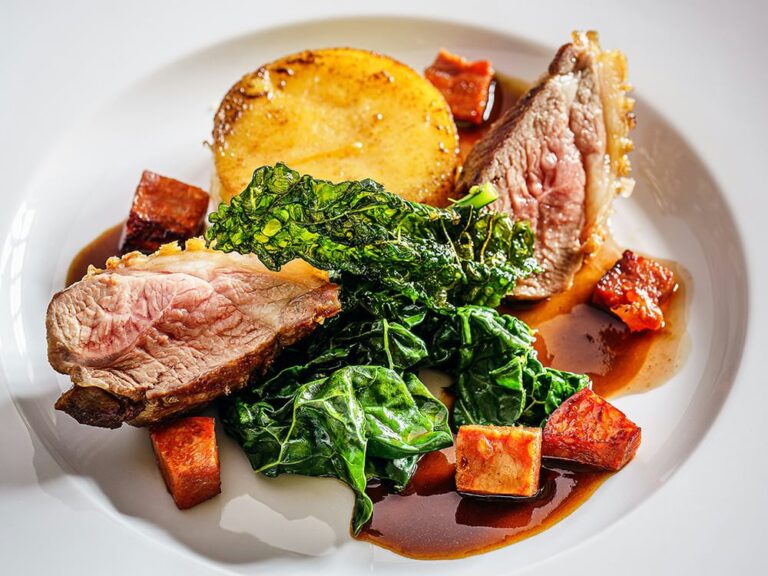manger sur le pouce
The French saying “manger sur le pouce” translates literally as “to eat on the thumb.” Figuratively, however, it means “to eat quickly,” “to eat rapidly,” or “to eat hastily.”
It dates back to the 19th century. People like factory workers and soldiers often ate on the spot, with one hand holding a piece of bread and the other hand holding a knife to cut some other food. The eater would put the small piece of food on his thumb and bring his thumb to his mouth to eat the food.
Similar English expressions include “to grab a bite” and “to eat on the run.”






